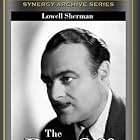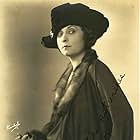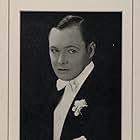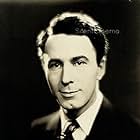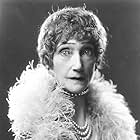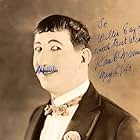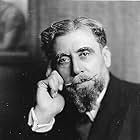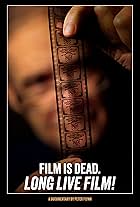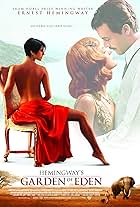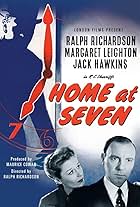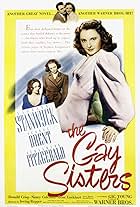The Garden of Eden is a charming but obscure silent comedy from 1928 and was an important film for both its talented director Lewis Milestone, a two-time Academy Award Best Director winner, and its beguiling star Corinne Griffith, a once-popular and now nearly-forgotten star of silent cinema.
It's adapted to the screen by Avery Hopwood and Hans Kraly from the play by Rudolph Bernauer and Rudolf Österreicher. It features marvelous art-direction courtesy of William Cameron Menzies, who later became a director of films. It also stars Charles Ray as the sophisticate who falls in love with Griffith who he thinks has a title. Ray's specialty was playing country bumpkins, and this Cinderella tale offered him a chance to go against type and perhaps revive his sagging career. However, comeback attempts were hampered by the advent of the sound picture.
Griffith as always shines and gives a capable and graceful performance. Her beauty has not been missed by Mr. Milestone in his direction of the scenes. Louise Dresser and Lowell Sherman do well by their parts and Edward Martindel is sympathetic as a love-sick uncle. Ray escapes his normal hick role even if the naive innocent aura still hangs over him.
Structurally the film is divided into three sub-movies which could almost be played independently. The first portion is Toni LeBrun's experience at the "Palais de Paris," a cabaret that she naively thinks is an opera hall. The next movie segment concerns the wooing of Toni by rival uncle and nephew. The last section of the film is also set in the Hotel Eden, however, the plot of this section deals with Toni's wedding.
On occasion, there are some visually dazzling shots, such as Toni and Richard seated at a grand piano, perfectly reflected in the raised lid, while the room slowly rotates around them. But overall The Garden of Eden is fun and moves briskly enough. The pacing is aided by a slight under cranking that provides a slightly sped-up feeling that boosts the comic effect. However, it's not overdone to the point of ridiculousness. Sadly a Technicolor dream sequence of Toni as a great opera star, prefiguring her later assumed wealth, remains unfortunately lost.











